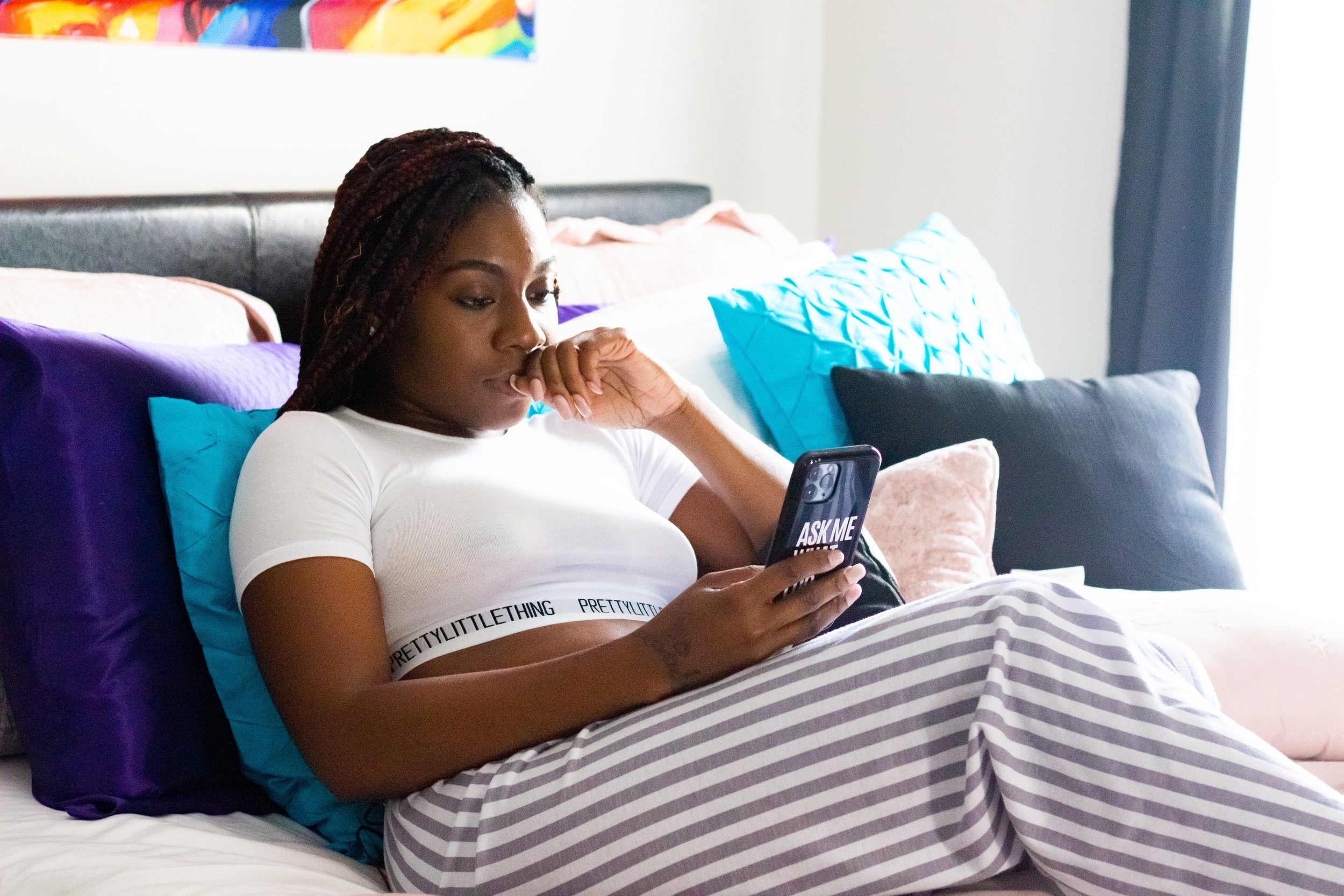Navigating the world online is difficult. It seems like people are just waiting to pounce on any mistakes.
Operate online in self-protective mode is stressful. We can be afraid that innocuous statements or silly jokes can be intentionally misinterpreted. There seems to be a sense that if I don’t include a disclaimer in every statement, someone will come along to call us names.
Never ask for whom the cancelation comes; it comes for thee.
This intentionally-offensive reading happens all the time, and sometimes even makes the news. An example that gained some traction was when a British woman tweeted the following:
my husband and i wake up every morning and bring our coffee out to our garden and sit and talk for hours. every morning. it never gets old & we never run out of things to talk to. love him so much.
She received a flood of hateful messages, reading into her tweet. Most of these messages made assumptions about her health, financial status, and privilege.
Criticisms (and why they’re bad-faith interpretations) include:
- She doesn’t have a job. (She could be a shift worker, who works in the evenings. She could be a full-time caregiver for her terminally-ill husband. She could work as an occupational therapist, driving to disabled children’s homes after school. There are so many possibilities. We have no way of knowing, just based on her not working in the mornings).
- She doesn’t have mental or physical illnesses. (This was a strange criticism to see, and I am still not completely sure if these comments were parodies. People with schizophrenia can drink coffee! People who can’t walk can enjoy time with loved ones! We literally can’t tell her mental or physical health from looking at this tweet).
- She must be incredibly wealthy. (Wealth inequality is an important issue, but we don’t know anything about this woman’s income in the first place. She might rent her home, live in a multi-generation household but only have coffee with her husband, or even refer to a tiny, houseplant covered area in her apartment as her garden. We can’t know anything definitive about her finances from just this tweet.)
Where does the urge to hate and ‘cancel’ come from?
To figure out why people tend to interpret social media uncharitably, it helps to ask one of the biggest haters of them all: Liat Kaplan.
Kaplan ran one of the largest blogs on cancellation: Your Fave Is Problematic. Here, she listed the sins of various celebrities, calling for their cancelation (or at the very least, calling them out).
Kaplan discussed her motivation in this article, writing:
On a winter morning, I woke up to the news that my older sister, Tamar, who was studying in Bolivia, had been in a bus crash, and the outlook was not good. I pored over research to escape from what felt like an impossible situation: my sister slowly dying of treatable injuries in a rural area thousands of miles away.
She continued:
In the years since, I’ve looked back on my blog with shame and regret — about my pettiness, my motivating rage, my hard-and-fast assumptions that people were either good or bad. Who was I to lump together known misogynists with people who got tattoos in languages they didn’t speak? I just wanted to see someone face consequences; no one who’d hurt me ever had.
Anyone dealing with injustice, like the preventable death of Kaplan’s sister, would want to see someone, anyone face consequences.
It makes sense that people feeling ignored, overworked, and struggling to get by would lash out at a woman enjoying her coffee. They can’t get justice for their own struggles or control the spiraling wealth disparity. It might seem like the only way of getting back at these forces is by sending critical, hateful messages to those who aren’t suffering.
As Kaplan realized, even a successful public shaming doesn’t make your own situation better.
We can look at the impulse to read into messages, to find something to be mad about, as the impulse to take control.
We deserve justice. It hurts when we don’t get it.
The question, as many people soon find, is how do we get back a sense of control? The answer varies from person-to-person, but often involves healing, growth, and change.
You have to pursue the things that make you feel more like yourself: vital, connected, and alive.
I’m proud that in my work, I’ve helped people take these impulses and channel them into positive actions, swapping out short-term gratification for things that improve their lives for good.
<3 Vered
Want more support? Vered Counseling offers therapy for teens in Texas and North Carolina.
Vered Counseling offers online counseling. Read about counseling for teen girls and learn about the first counseling session with your teenager.
Vered Counseling also provides counseling for transgender and gender nonconforming folks. Read more about our therapy for transgender teens or counseling for transgender adults. We also provide support for parents of transgender adults and teens.
Check out the Vered Counseling blog for more helpful tips, like the 4 best ways to overcome procrastination, how to get chores done without a fight, and what are puberty blockers?
Ready to go? Contact us to get started!







